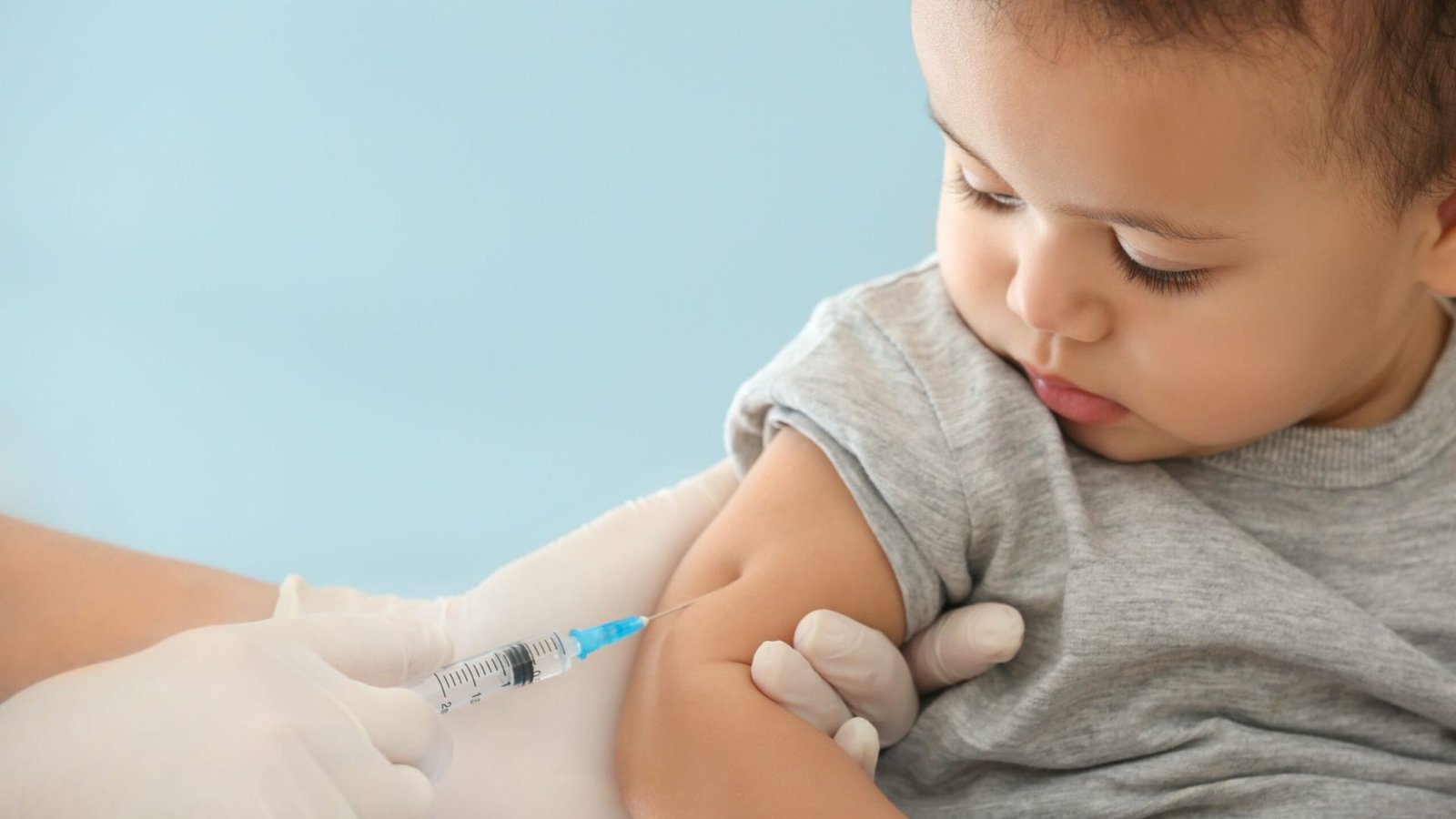Vaccinations are one of the most effective ways to protect children from serious diseases. They play a crucial role in childhood health by preventing the spread of infectious diseases and helping to keep communities safe. Understanding the importance of vaccinations can help parents make informed decisions about their child’s health.

How Vaccines Work
Vaccines prepare the immune system to fight off specific infections by introducing a weakened or inactive form of a virus or bacteria. This process teaches the immune system to recognize and respond quickly if exposed to the actual disease in the future.
- Immune Response: When a child receives a vaccine, their immune system reacts by producing antibodies. These antibodies remember the specific disease and will fight it off if the child is exposed later in life.
- Herd Immunity: When a high percentage of the population is vaccinated, it creates herd immunity. This means that even those who cannot be vaccinated, such as infants or individuals with certain medical conditions, are protected because the spread of the disease is limited.
Protecting Against Serious Diseases
Vaccinations protect children from many dangerous diseases that can cause severe illness, long-term health complications, or even death. Diseases like measles, mumps, rubella, polio, and whooping cough can have serious consequences, but vaccines have made these illnesses rare in many parts of the world.
- Measles: Measles can lead to complications such as pneumonia, brain swelling, and death. The measles vaccine has drastically reduced the incidence of this disease.
- Polio: Polio can cause paralysis and disability. Thanks to widespread vaccination, polio has been nearly eradicated worldwide.
- Whooping Cough: Whooping cough (pertussis) can be deadly, especially for infants. The pertussis vaccine is crucial in preventing outbreaks and protecting young children.
Herd Immunity: Protecting the Community
Vaccinations not only protect the individual who receives them but also contribute to the broader concept of herd immunity. Herd immunity occurs when a large percentage of a population is vaccinated, making it difficult for diseases to spread. This is particularly important for protecting those who cannot be vaccinated, such as infants, elderly people, or those with certain medical conditions. When the majority are immunized, it helps shield these vulnerable groups from diseases.
Prevention of Disease Outbreaks
Routine childhood vaccinations have been crucial in preventing outbreaks of diseases that were once common and deadly. For example, before the widespread use of the measles vaccine, the disease affected millions of people every year, leading to numerous complications and deaths. Today, due to high vaccination rates, such outbreaks are rare. However, when vaccination rates drop, there is a risk of these diseases resurging, which underscores the importance of maintaining high immunization coverage.
Long-Term Health Benefits
Vaccinations provide long-term health benefits by reducing the risk of disease later in life. Some vaccines protect against diseases that can have serious complications in adulthood. For instance, the human papillomavirus (HPV) vaccine, administered during adolescence, can prevent certain types of cancers later in life. Childhood vaccines lay the foundation for a healthy life by preventing chronic health issues that can arise from vaccine-preventable diseases.
Addressing Vaccine Hesitancy
Vaccine hesitancy, where parents delay or refuse vaccinations for their children, can lead to increased risks of disease outbreaks. It’s important for parents to seek accurate information from reliable sources, such as healthcare providers or public health organizations. Understanding the rigorous testing and monitoring vaccines undergo for safety and effectiveness can help alleviate concerns and encourage timely vaccinations.
Vaccination Schedules: Ensuring Timely Protection
Following the recommended vaccination schedule is crucial to ensure that children are protected at the appropriate ages. Vaccination schedules are designed based on when a child’s immune system is most responsive and when they are most at risk for specific diseases. Delaying or skipping vaccinations can leave children vulnerable to illnesses that could be easily prevented.
The Role of Parents and Caregivers
Parents and caregivers play a vital role in ensuring that children receive their vaccinations on time. Keeping track of vaccination records, attending regular check-ups, and staying informed about updates to vaccination guidelines are all important responsibilities. By prioritizing vaccinations, parents are making an essential investment in their child’s health and the health of the community.
Conclusion
Vaccinations are a cornerstone of childhood health, offering protection against serious diseases, supporting herd immunity, and preventing outbreaks. By following recommended vaccination schedules and addressing any concerns with healthcare providers, parents can ensure their children are well-protected and contribute to the overall health of the community. Vaccinations not only save lives but also provide long-term health benefits, making them an essential part of a child’s healthcare plan.

